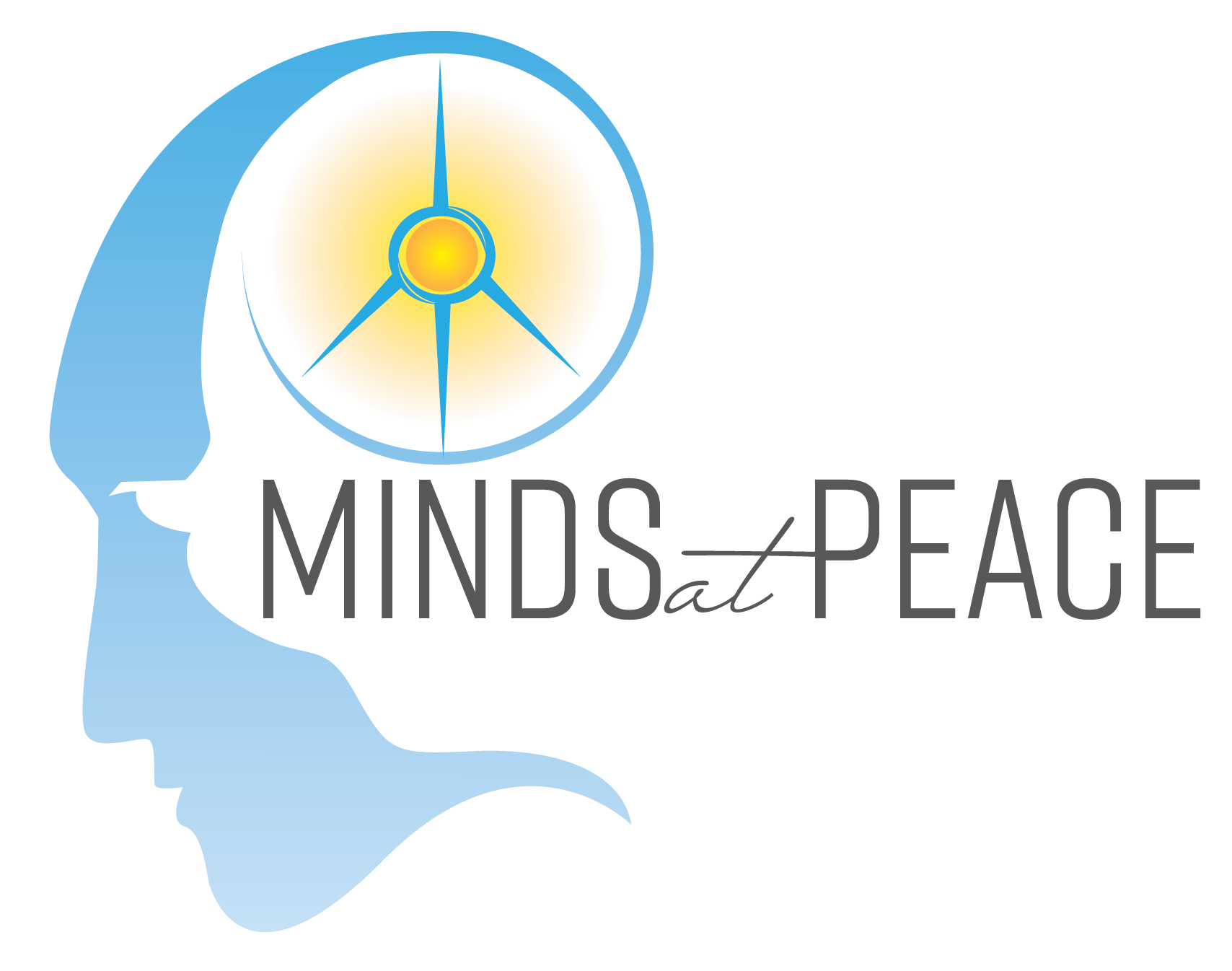STRESS: Live with it, Brag about it, or Do Something About it
We all experience stress. We manage it in different ways. The important question is, “how?”.
Some of us view stress as something that must be endured, a part of life with little ability to affect its impact. Others acknowledge the stress and numb it out with alcohol, drugs, food or unhealthy behaviors. Some of us brag about the stress in our lives, wearing it like a badge of honor not realizing that it’s truly an albatross causing significant emotional and physical harm.
It’s important to understand how our nervous system works. We are always scanning our environment for danger. Rarely do we encounter a saber tooth tiger, but today our nervous system senses danger anytime we dont feel “good enough”, or on edge, or anxious. When these feelings are chronic it takes a significant tool on our body.
The constant bombardment of cortisol and adrenaline adversely affects our brain leaving us with less energy devoted to the prefrontal cortex, the part of the brain that is responsible for making important decisions. That means when we are stressed we are more likely to react out of habit and not necessarily make the wisest choice. Think about that every time you grit your teeth, become angry or anxious. Your body is preparing for an attack but you end up attacking yourself.
In order for your body to feel safe, it must feel supportive. Learning to regularly ground yourself is a valuable life enhancing skill. The lifestyle choices we make on a daily basis can feed our stress, much of which is held in our psoas muscle (pronounced so-as).
The psoas, our largest muscle, runs from the spine to our femurs and acts as a shelf for our internal organs as well as the first muscle to receive an incoming distress signal from our nervous system. Chronic contraction of the psoas leads to interference with our digestion, shortens our spine and leads to shallow breathing. This breathing pattern sends a signal to our brain that we are stressed, and guess what happens next? You got it, more cortisol and adrenaline perpetuating the cycle of stress.
Chronic stress isn’t just uncomfortable, it’s deadly. It affects all of our organs, including our brain and heart. When stressed, and especially when chronically stressed, we are not at our best physically or emotionally.
How stress is perceived greatly determines how our nervous system responds. We can learn to change the way we perceive stress and choose a path that leads to more serenity and happiness even though outside circumstances remain the same. But how to change decade old habits?
One way is by taking a Mindfulness Based Stress Reduction course (MBSR). This scientifically validated program teaches you how to gain awareness of your stress (most is subconscious), and the skills to approach the stress with kindness and compassion. Each week different forms of meditation are taught that guide you towards the peace of mind you crave. And the power of the group provides extra support to enhance your journey. MBSR requires no previous training whatsoever, and numerous studies have shown it’s benefit in reducing stress, anxiety, depression and even chronic pain.
Stress happens. But how much, and how severe is a choice. Choose wisely.

